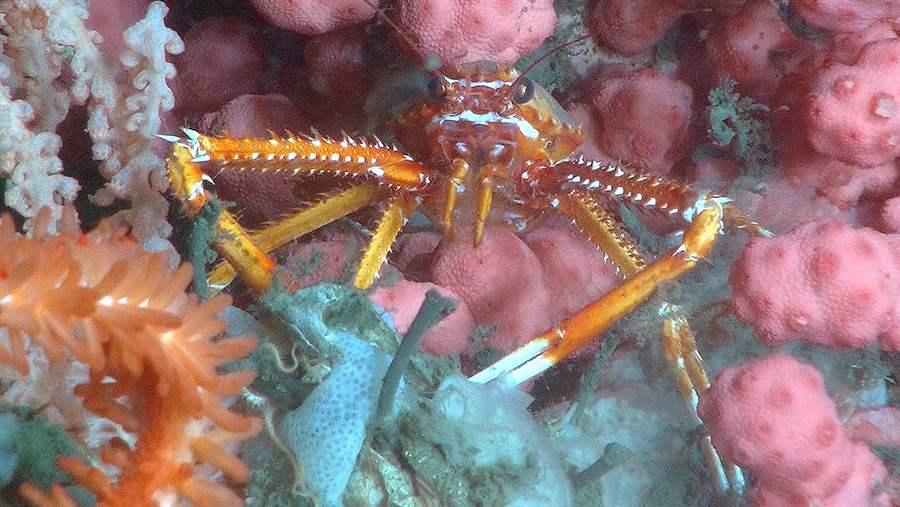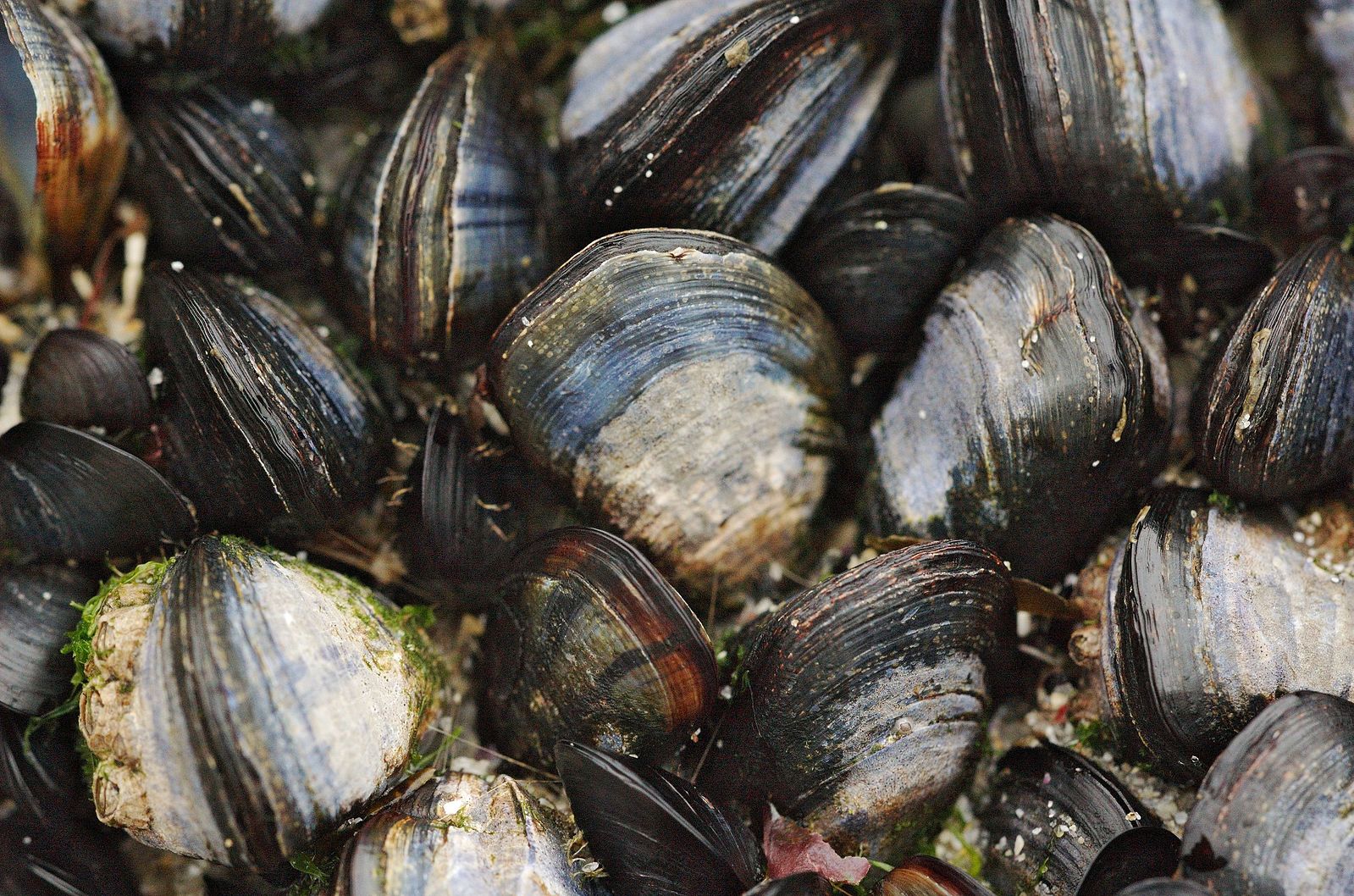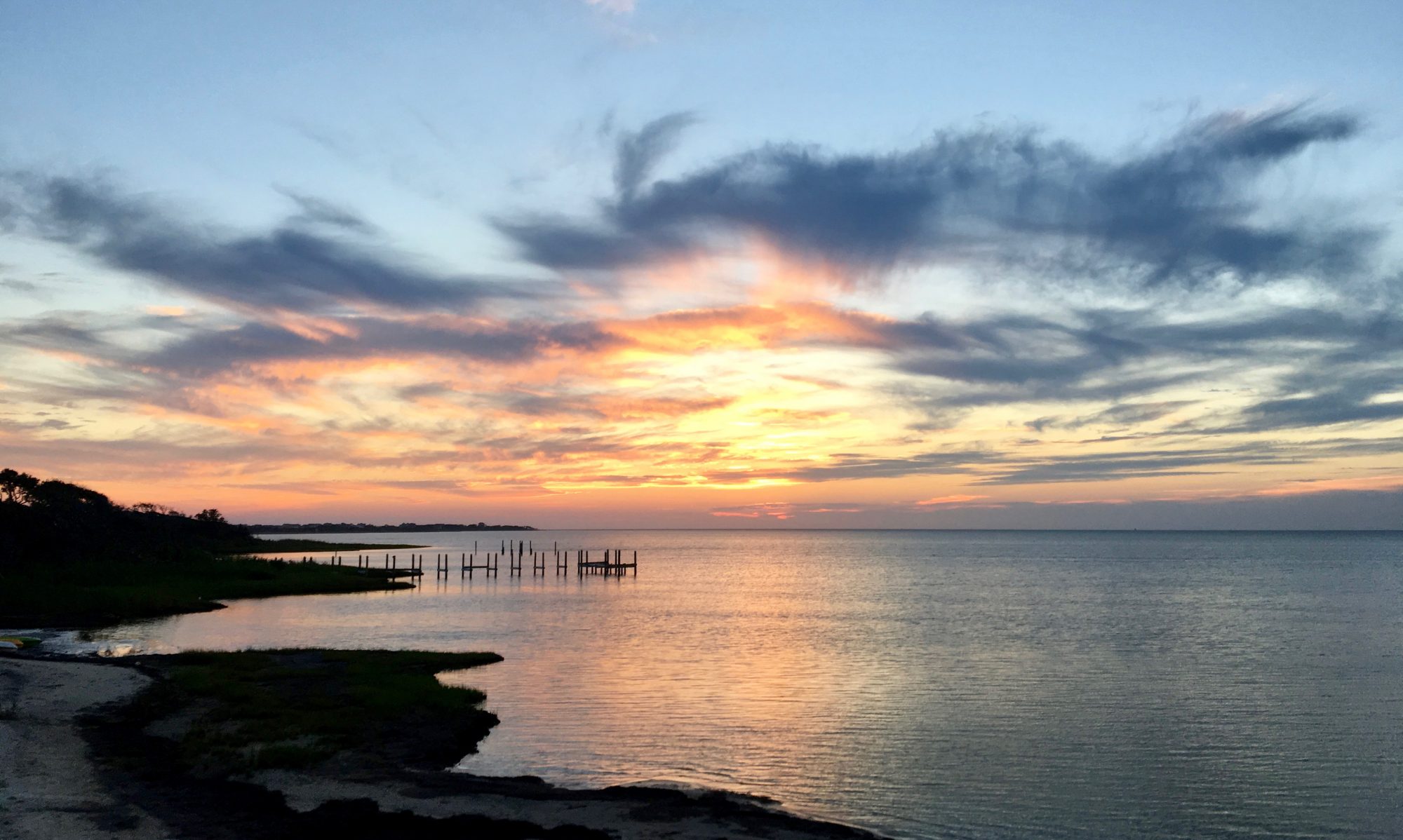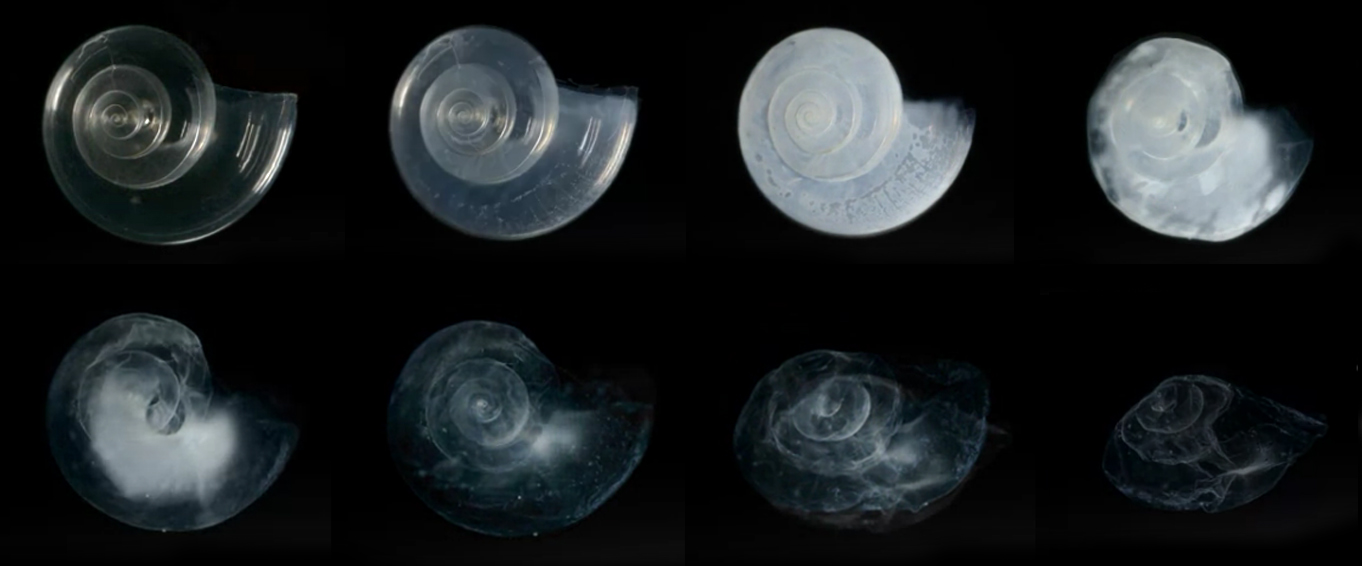By Kim Hernandez, Coastal Planner with the Maryland Department of Natural Resources and Member of the TCS Board of Directors.
Imagine a coral reef without corals, estuaries without oysters or crabs, a seafood feast without scallops. It may seem dramatic, but as the carbonate chemistry in the oceans, coastal bays, and estuaries changes due to a warming climate, this could be a future reality. Fortunately, a network of scientists, tribal, federal, and state agency representatives, resource managers, and industry partners are working together in the Mid-Atlantic to prevent the region from having to imagine that type of future. Meet the Mid-Atlantic Coastal Acidification Network, or MACAN.
MACAN works to develop a better understanding of the processes associated with estuarine, coastal, and ocean acidification and to predict the consequences of those processes for marine resources. They also work to devise local strategies that enable communities and industries to better prepare.
As a network of people, MACAN is poised to communicate and collaborate across agencies and industries to address the challenge of acidification. MACAN is coordinated by Kaity Goldsmith [1] and Grace Saba [2]. According to Kaity, “this cooperative regional approach fosters collaboration, encourages sharing of information and best practices, and helps advance mutually agreed upon goals.” The network enables the effective use of limited resources by focusing those resources on the highest regional priorities and reducing duplication of effort.

I sat down with Kaity and Grace to better understand the issues MACAN is addressing, and to learn how TCS Members can benefit from this work.
As a network of people, what types of professionals are engaged in your network? Can anyone be involved?
MACAN includes scientists (academics and government), resource managers (all levels and types of government), affected industry, and interested partners. If someone is interested in learning more and engaging in the conversation around estuarine, coastal, and ocean acidification in the Mid-Atlantic region (south of Long Island, New York down through Virginia) they are more than welcome to be involved.
Do you often collaborate with other ocean acidification networks?
There are many other Coastal Acidification Networks (CANs) around the country – the California Current Acidification Network, or C-CAN, on the west coast, NECAN in the northeast Atlantic, SOCAN in the southeast Atlantic, GCAN in the Gulf of Mexico, and AOAN in Alaska. We interface with them all regularly via one-on-one phone calls and group discussions. There’s a lot we learn from each other since we are all at varying stages of projects about the topic of acidification. The group of CAN coordinators are very helpful to one another and create a great resource. We are currently working closely with NECAN on a project coordinated by the National Oceanic and Atmospheric Administration (NOAA) North Atlantic Regional Team to develop communications products that we hope will create additional understanding around coastal and ocean acidification to Network members in the two regions. We will also be co-hosting a webinar through EBM Tools [3] on October 2nd from 1-2PM EST with NECAN.
MACAN has held previous webinars on various stakeholder perspectives (such as perspectives from natural resource managers and perspectives from commercial shellfish industry). Is there a key take-a-way that you’d like to share from these webinars?
MACAN has hosted 2 webinar series (8 total webinars) thus far and we hope to continue to host these webinars into the future. This is a young topic particularly in this region and these webinars provide an important opportunity for the MACAN members to learn about research efforts and member perspectives. As MACAN coordinators, these webinars provide us additional opportunities to learn about what research questions are being asked in the community and how we can promote monitoring and research that helps to answer those questions. I think a key take-away from the two webinars you mention is that there are still very basic questions we need to answer in this region to help resource managers and industry to prepare for the potential impacts of acidification, such as when and to what degree acidification will be an issue.
Is MACAN taking steps to answer those questions?
As we continue to pursue the goals of MACAN, we hope to continue to provide opportunities for our members to become involved. For the past 9 months we have been working to develop two white papers that delineate research priorities and a monitoring guide for the region that complement each other and hopefully become a basis for continued efforts around research and monitoring for the Mid-Atlantic. Network members have been crucial in the development of both white papers. We hope to finalize these in the fall of 2018 and begin to promote filling in gaps identified in both white papers in the future. We are also working on continued efforts to identify how to best address the needs of our network members and industry partners through an upcoming outreach strategy that should kickoff in the upcoming months. We also plan to continue to update the MACAN website so that it remains an information hub for the region.
Thank you to MACAN – and all the CANs – for doing this critically important work. Is there anything else you’d like TCS members to know?
I think for MACAN, being that we are a young Network, the thing we want TCS members to know is that there is a wealth of knowledge and expertise around ocean and coastal acidification in this region and we are working to coordinate this knowledge in a way that efficiently targets the region’s most pressing questions. If TCS Members are interested in learning more, our website, MidACAN.org, provides a great hub of information that we welcome everyone to look through. If anyone is interested in joining the Network or learning more, they can email us at info@MidACAN.org.

[1] Kaity Goldsmith is a Program Manager with the Mid-Atlantic Regional Council on the Ocean (MARCO), and is a Co-Coordinator of MACAN.
[2] Grace Saba is an Assistant Professor with the Center for Ocean Observing Leadership in the Department of Marine and Coastal Sciences at Rutgers University, Ocean Acidification Lead at MARACOOS, and is a Co-Coordinator of MACAN.
[3] To learn more and to register for the webinar visit: https://www.openchannels.org/upcoming-events/managing-global-acidification-regional-scale-how-us-mid-atlantic-and-northeast


